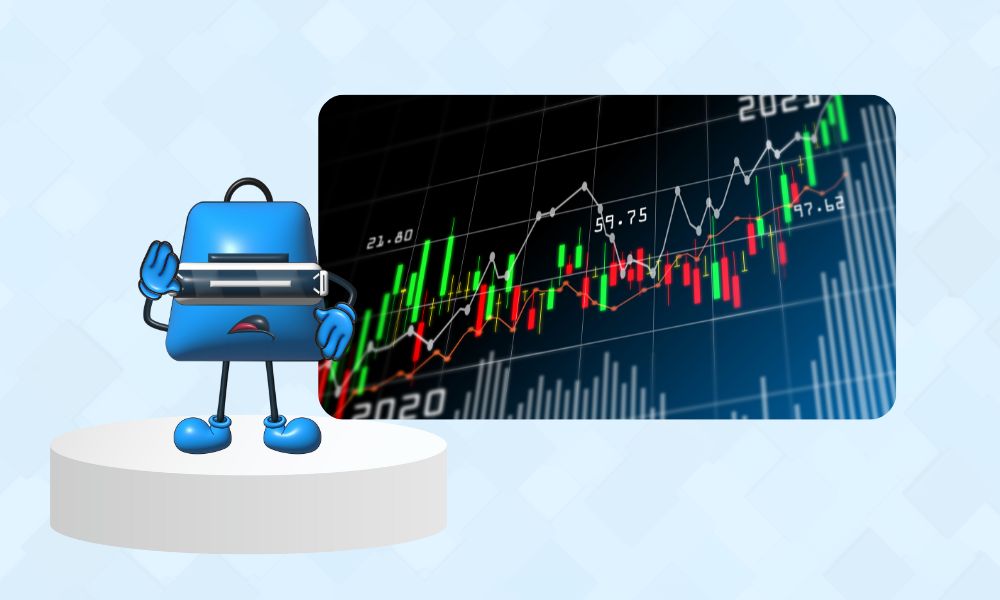Stock futures dipped Tuesday morning after the BOJ widened its yield target range.
Dow futures fell 236 points (0.72%). S&P 500 futures lost 0.86 and 1.05 percent.
The Dow fell 162 points, or 0.5%, on Monday. S&P 500 declined 0.9% and Nasdaq Composite lost 1.5%. Stocks are set to conclude the month and year in the red, and investors' dreams for a Santa Claus bounce are evaporating.
No Santa yet. Louis Navellier, founder of Navellier & Associates, remarked, "buckle up." "One hopes the awful news is over. No Fed moves until February. We're not gapping down but not recouping last week's losses."
Investors feared the Fed may cause a recession. The central bank boosted its benchmark interest rate by 50 basis points last week and said the terminal rate might reach 5.1%.
The European Central Bank raised rates and forecast future hikes last week, further pressuring traders.
Over 90% of central banks raised interest rates this year, a (largely) global coordinated effort, said LPL Financial's Lawrence Gillum. What's good? We think rate hikes are nearing a halt, which might reduce the headwind on global financial markets this year.
This week, before Christmas, several significant firms will publish quarterly results. General Mills reports Tuesday. Nike and FedEx post-bell.
Tuesday brings November housing starts data. This week offers housing business knowledge. Existing-home sales data will be available Wednesday and Friday.
Friday is the Fed's favorite inflation metric, November's personal consumption expenditures data.

Comments
Post a Comment